SIDNEY — An abrupt increase in the property tax bills of some farmers in town is raising questions about how the town assesses agricultural land for taxes.
Farmers last year were surprised to find that the amount of property tax they owed the town had doubled.
The sudden increase came after the town’s assessor corrected a decade-long mistake in farmland valuation. But landowners weren’t told about the change.
“I didn’t expect any special favors, but (the increase) did come as a shock when you didn’t know about it,” said Dale Cole, a dairy farmer who owns about 150 acres on Middle Road.
Cole and other farmers, who say they’re not upset as much as concerned about the sudden tax hike, met with selectmen last week to discuss the issue.
The board is scheduled to discuss it further with farmers and a representative from the Maine Department of Agriculture, Forestry and Conservation at a meeting at 6:30 p.m. Monday at the Town Office.
The hike was supposed to come in 2005, when, during a townwide property revaluation, town assessor Bob Gingras increased property farmland values from $250 an acre to $500 an acre, a rate still far below the amount at which development land is assessed.
A state farmland protection program administered by towns and cities allows owners of working farms to put their property in a protection zone and get substantially reduced tax value on the property.
In order to take the land out of farmland protection, property owners have to pay a penalty equal to five years of back taxes that would have been paid if the property had not been protected.
There are roughly 1,300 acres in 42 parcels in town that are under farmland protection — about 4 percent of the 30,000 taxable acres, according to Sheila Thorne, administrative assistant to the Sidney selectmen.
The benefits of farmland protection are substantial. Thorne said 10 acres of prime development land in Sidney would be valued at $43,000 and have an annual tax bill of about $595. The same land in farmland protection would be valued at $5,000 and have a tax bill of $58.25.
After the farmland values were increased in 2005, however, the majority were not recorded and the mistake wasn’t caught for 10 years — farmland property owners in town were still paying taxes on the $250 an acre rate until last year, Thorne said.
When Gingras adjusted the valuations to come in line with the 2005 assessment, “taxes went up accordingly,” said Cole, the Middle Road dairy farmer.
“At this point I’m trying to understand the process,” he added. “I’m a little concerned about what happened. That seems like a long period of time for a mistake to go on.”
While farmers interviewed this week said they weren’t upset about the unexpected tax increase, they were interested in having a broader conversation about how the town assesses agricultural land.
In its farmland protection program guidelines, Maine Revenue Services outlines a range of recommended tax values for different kinds of agricultural land, such as pasture, cropland or orchards.
For example, the department recommends a range for pasture land, for example of $100 to $525, with a suggested value of $325 per acre. The range for cropland is suggested as $150 to $600, with a suggested value of $400 per acre.
Those are only recommendations, and local assessors determine assessments based on farmland sales, commodity values and soil types, among other considerations.
Jeff Bragg, whose family owns Rainbow Valley Farms on West River Road, said the unannounced changes in farmland value should start a discussion on farmland values in town.
“I think that’s exactly where this needs to go, a broader conversation,” Bragg said. “Some of this is about helping agriculture, but it is also about helping the town,” he added. Rainbow Valley is a 185-acre organic dairy farm.
Productive farmland costs the town little in terms of spending on infrastructure, education and public safety, while providing the benefits of open space to residents.
Bob Campbell, who raises beef at Wolf Creek Farm on Blake Road, said he still is trying to get a handle on what is happening with the taxes, but said that keeping working farmland was important for the future, since the town has lost a significant amount of agriculture.
“The mindset among the farmers here is that we are not going to sell our land. We want to hold it for the next generation coming up,” Campbell said.
But Selectman Kelly Couture is wary of making hasty changes to farmland values in town. If farmers ask for the value to go back to $250 an acre, or request an abatement, selectmen will be put in a tough spot, she said.
“I want to give them a remedy, but in all fairness, we have everybody to think about. What if the other side comes out and wants an abatement?” Couture said.
Readdressing farmland values now also could have the opposite effect of pushing them higher, in recognition of land buys by developers and others, she added.
“If we ask for a revaluation in Sidney, there is a real chance it will go above $500,” she said.
Peter McGuire — 861-9239
Copy the Story LinkSend questions/comments to the editors.


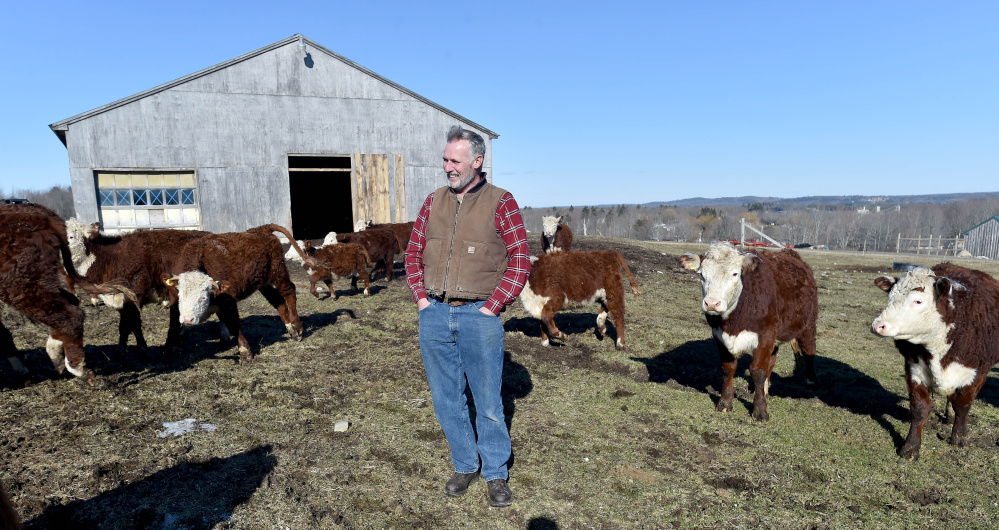
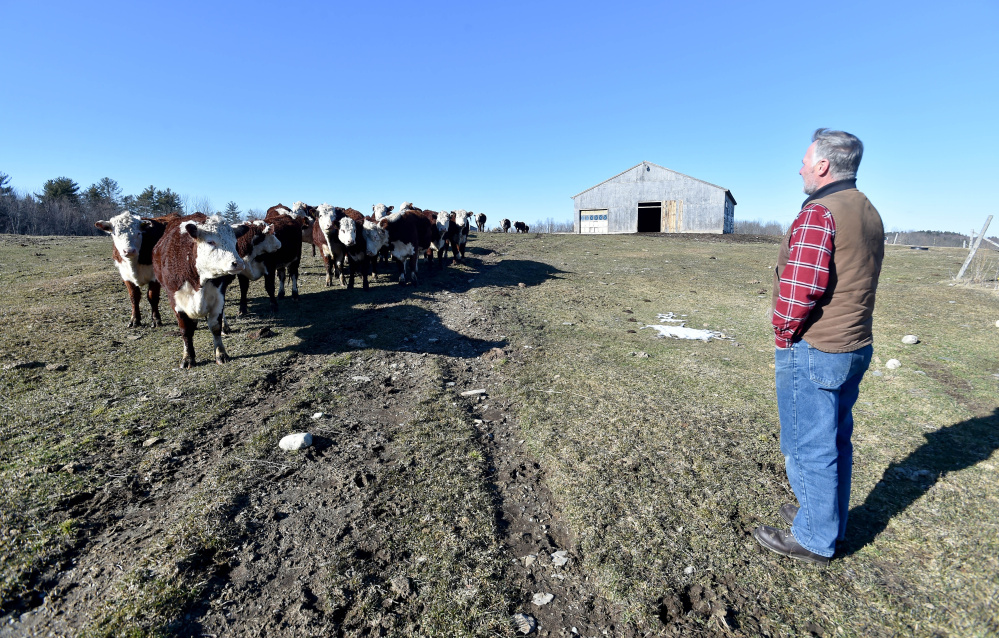
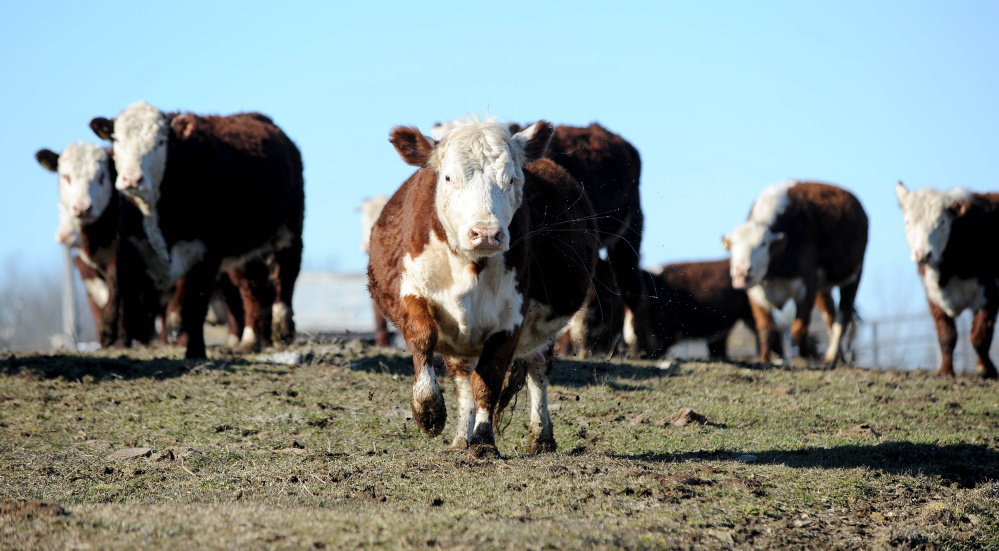
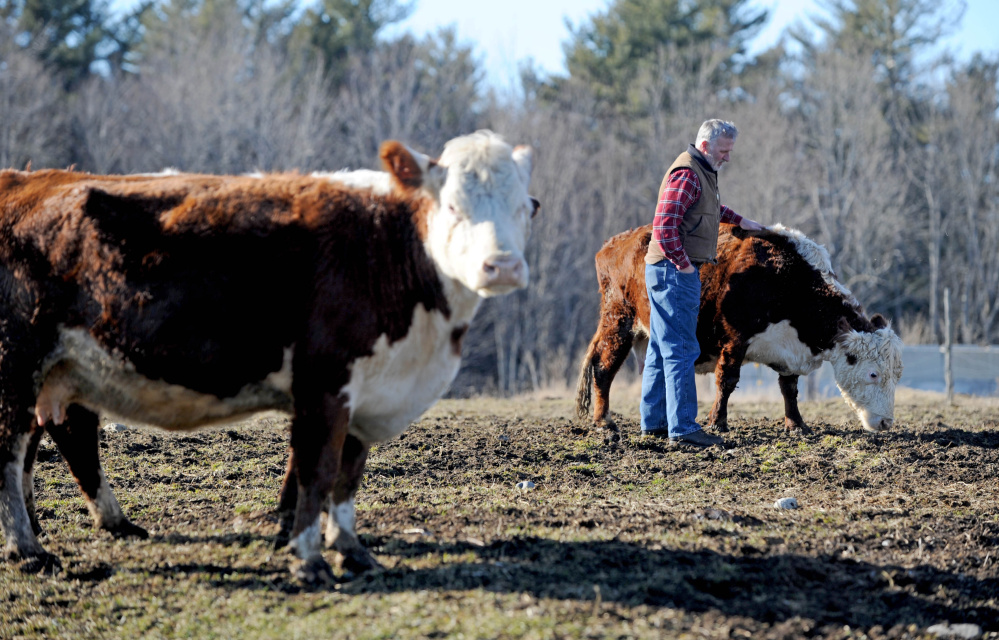
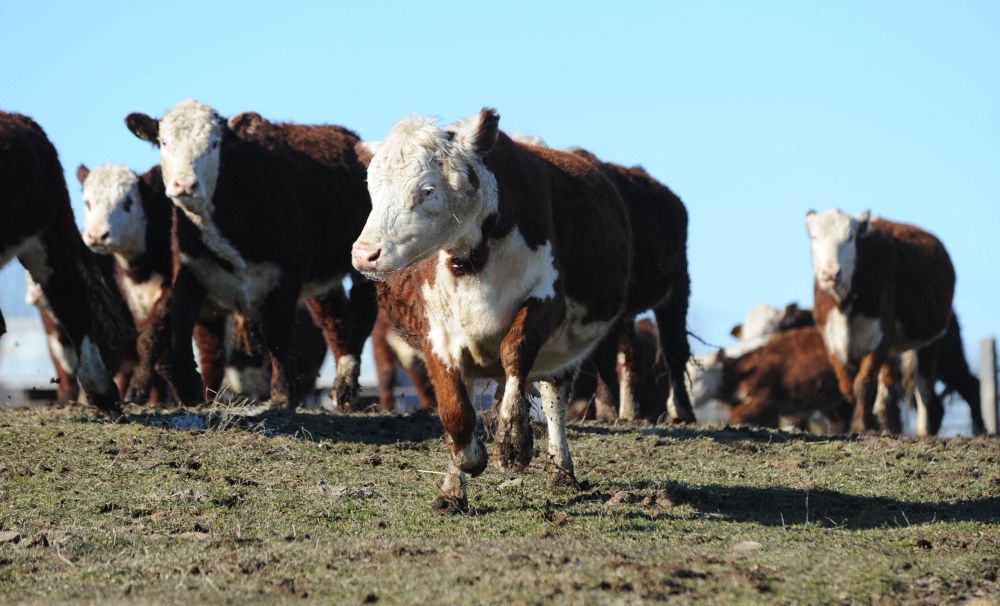

Success. Please wait for the page to reload. If the page does not reload within 5 seconds, please refresh the page.
Enter your email and password to access comments.
Hi, to comment on stories you must . This profile is in addition to your subscription and website login.
Already have a commenting profile? .
Invalid username/password.
Please check your email to confirm and complete your registration.
Only subscribers are eligible to post comments. Please subscribe or login first for digital access. Here’s why.
Use the form below to reset your password. When you've submitted your account email, we will send an email with a reset code.